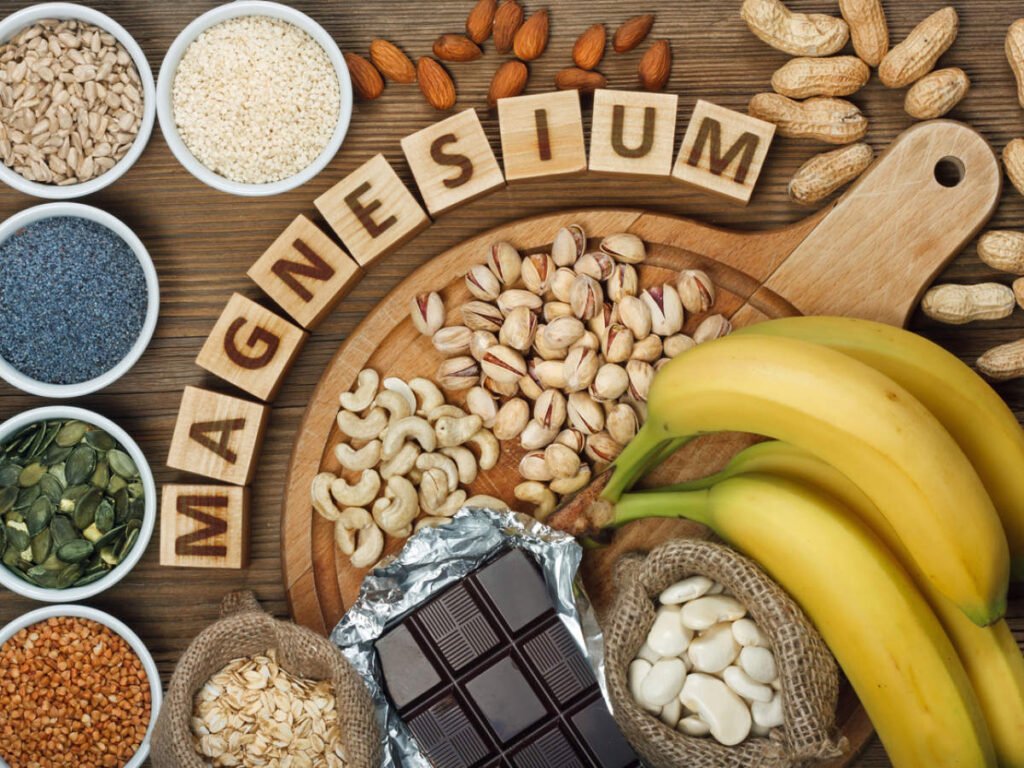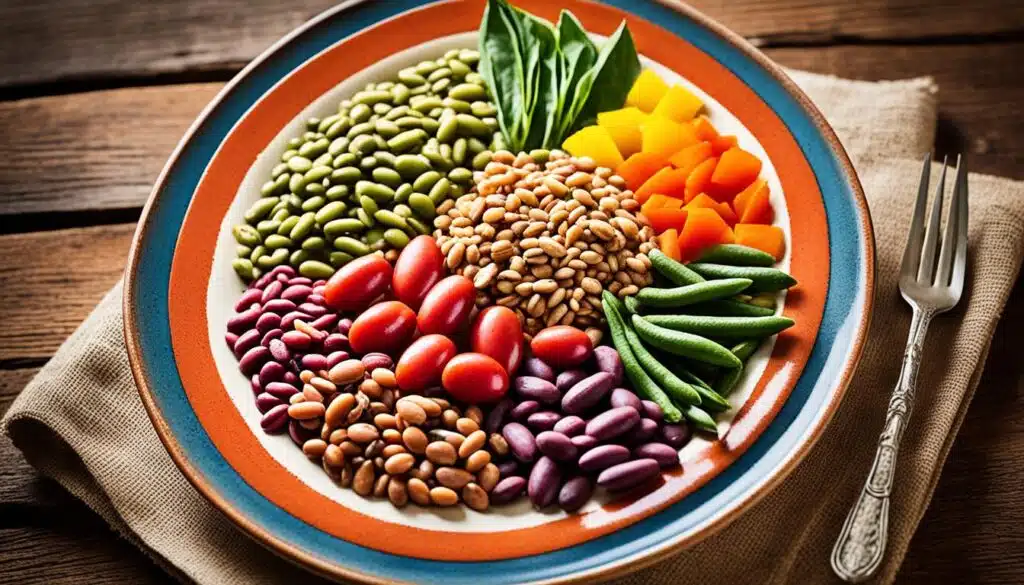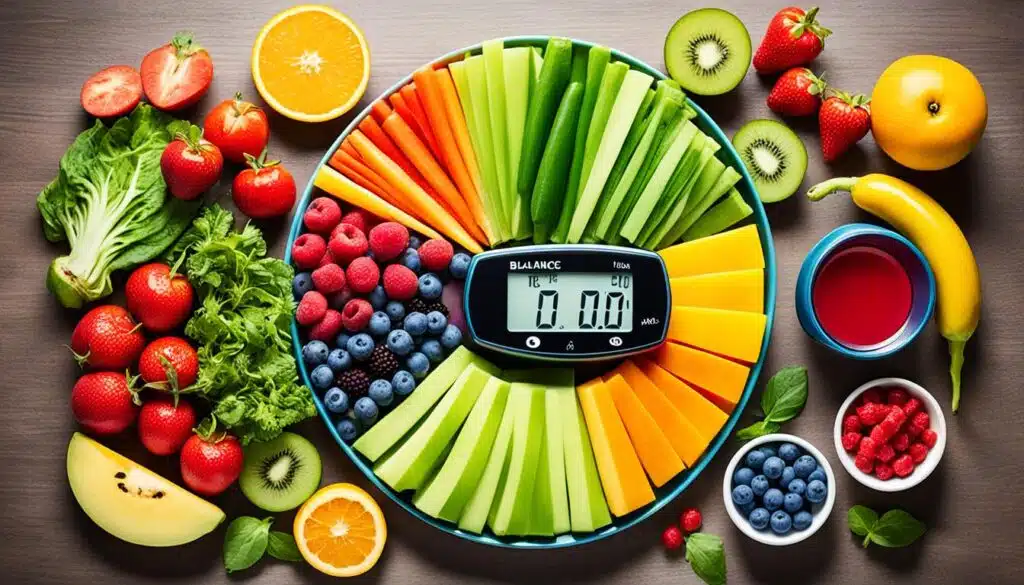Headaches and migraines can be debilitating, significantly decreasing quality of life for those living with them. While there are over-the-counter and prescription medications available to alleviate pain, many prefer natural solutions instead, including staying hydrated to combat dehydration-triggered headaches. Another natural approach involves applying cold compresses directly onto affected areas in order to reduce inflammation and pain relief.
1) Limit Alcohol

Alcohol abuse can lead to dehydration and, consequently, headaches or migraines. If you are prone to headaches, it is wise to limit your alcohol consumption as alcohol causes blood vessels in the brain to widen and cause headaches; if you choose to drink anyway it is vitally important that you keep hydrated by drinking plenty of water during each drinking session.
It should also be remembered that different kinds of alcohol affect different people differently – red wine has been noted to cause headaches for some individuals so if this is something which may triggers headaches then perhaps this type should be avoided altogether.
2) Avoid Foods High In Histamine

Histamine is a chemical released by your body as part of an allergic response, while certain foods naturally high in histamine can trigger headaches and migraines for some individuals. Common examples include aged cheeses, fermented foods and cured meats – so keeping a food diary could be useful to identify which ones might be contributing to headaches and migraines in order to avoid these foods in future and thus help avoid future headaches and migraines altogether.
3) Drink Water

Dehydration can be one of the main triggers of headaches and migraines, making it essential to consume enough water throughout the day in order to stay properly hydrated. Your individual needs will depend on factors like activity level, weather conditions and other considerations; but as a general guideline aim for at least eight glasses daily. Incorporating foods rich in water content like watermelons, cucumbers and strawberries is another effective strategy.
4) Take Some Magnesium

Magnesium is an essential mineral necessary for many bodily processes and has been shown to reduce headache frequency and severity, including migraines. Magnesium helps relax blood vessels in the brain to lessen headaches; to increase magnesium intake you can add foods rich in magnesium such as spinach, almonds and avocados into your diet; for additional benefits you may wish to consult your physician prior to beginning new supplements.
5) Get Adequate Sleep

Sleep deprivation can lead to headaches and migraines. To protect yourself from headaches and migraines, it is crucial that adults get enough restful slumber each night – most adults need seven to nine hours. If you are having difficulty sleeping, several things you can do to improve it such as creating a bedtime routine, forgoing caffeine and alcohol before bed, creating a comfortable sleeping environment etc.
6) Try Essential Oils

Essential oils are concentrated plant extracts used for various purposes, including headache relief. Peppermint oil has proven particularly useful in relieving headache and migraine symptoms by relaxing muscles and improving circulation – alleviating pain as a result. To use peppermint oil effectively for headache relief, dilute a few drops with carrier oils like coconut oil before applying directly on temples and forehead. You may also add it directly into a diffuser for inhalation purposes or simply sniff directly from bottle!
7) Soothe Pain With A Cold Compress

Applying a cold compress can help alleviate inflammation and pain associated with headaches and migraines. A cold pack, bag of frozen vegetables or damp towel can all be used as cold compresses – simply apply for 15-20 minutes each time and repeat this process as necessary to ease discomfort.
8) Take Some Ginger

Ginger is an all-natural anti-inflammatory that may help ease headaches and migraines, while improving circulation, which reduces pain. You can incorporate ginger into your diet by including it fresh in meals or drinking ginger tea; or by taking supplements but it is best to consult your physician first before beginning.
9) Drink Caffeinated Tea Or Coffee

Caffeine may help to ease headaches by narrowing blood vessels in the brain, though it should also be noted that caffeine may also trigger them in certain individuals. If you find that caffeine triggers headaches for you, try limiting its consumption; natural sources, like tea or coffee are preferable compared to energy drinks or soda which contain high concentrations of caffeine and potentially trigger migraines.
10) Relax With Yoga
Also Refer:- Five Steps To Planning A Healthy And Balanced Meal Plan
Yoga has long been practiced as an effective form of exercise for its many benefits on both mind and body. Combining physical postures (asanas), breathing techniques (pranayama), and meditation to promote relaxation, decrease stress levels, improve overall health and wellness and combat chronic diseases such as heart disease, diabetes and high blood pressure are some of these advantages.
Yoga’s health advantages extend far beyond mental wellbeing – studies have also demonstrated its many physical health advantages too! It can reduce stress and anxiety; improve sleep quality; increase flexibility/range of motion/range of motion/build strength/endurance/delay chronic disease risks like cardiovascular disease/diabesiac high blood pressure/high blood pressure/ etc.
Conclusion
Headaches and migraines can be debilitating conditions that significantly diminish one’s quality of life. While traditional medication may provide relief, some prefer alternative remedies that may provide greater long-term relief from headaches and migraines without resorting to pills alone.
By incorporating natural remedies as discussed herein, relief may be found without depending solely on pharmaceutical solutions; please speak to your physician prior to initiating any new treatments or supplements.






